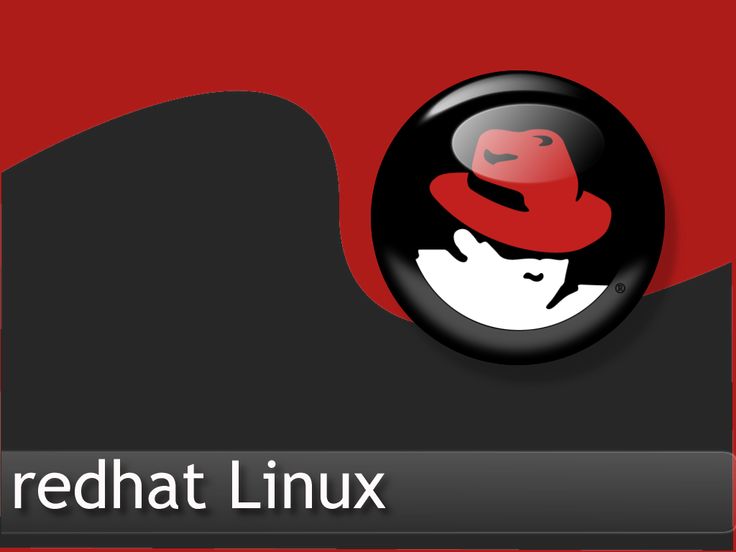Red Hat Certified System Administrator (RHCSA) Course
Learn the essential skills to become a Red Hat Certified System Administrator. This course covers Linux system administration, configuration, and management skills required for managing Red Hat Enterprise Linux (RHEL) systems.
- Introduction to Linux:Understand the basics of Linux operating systems, file systems, and common commands. Learn how to navigate the Linux file structure and manage files and directories efficiently.
- Linux Installation and Configuration:Learn how to install Red Hat Linux, configure network settings, and manage system services. Set up a Red Hat Enterprise Linux (RHEL) environment for enterprise use.
- Package Management:Learn how to use RPM and YUM for package management. Install, upgrade, and remove software packages. Understand dependency resolution and package repositories.
- Disk Partitioning and Filesystem Management:Learn how to partition disks, manage filesystems, and mount/unmount storage devices. Set up and configure different file systems like ext4 and XFS.
- Security and User Management:Learn how to create and manage users, groups, and file permissions. Understand user authentication and configure sudo privileges, SELinux, and firewalls for system security.
- Networking in Linux:Understand the basics of networking in Linux. Configure network interfaces, troubleshoot network connections, and manage network services like DNS, DHCP, and NTP.
- System Services and Logs:Learn how to configure and manage system services such as SSH, HTTP, and FTP. Understand the use of log files for troubleshooting and monitoring system performance.
- System Backup and Recovery:Learn how to back up and restore Linux systems. Create system snapshots, use backup tools like rsync, and recover from system failures.
- Virtualization and Containers:Learn about Red Hat's virtualization tools and technologies, such as KVM. Understand container management using Docker and Red Hat OpenShift for cloud environments.
- Automation and Scripting:Learn how to automate system tasks using shell scripting. Use tools like Ansible to automate server provisioning, configuration, and deployment tasks.
- Capstone Project:Work on a hands-on project where you configure a complete Red Hat Linux server environment. Implement security, networking, backup strategies, and manage users and system services.
